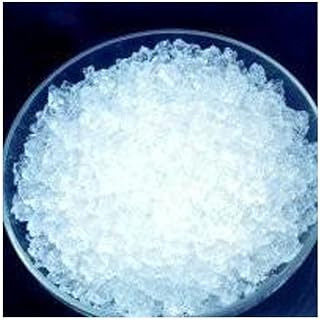In the dynamic world of materials science, high molecular weight polymers play a crucial role in various industries, ranging from healthcare to manufacturing. However, a recurring concern among consumers is the safety of these polymers. In this article, we will delve into the safety aspects of high molecular weight polymers, addressing common questions and misconceptions.

Understanding High Molecular Weight Polymers:
High molecular weight polymers are large molecules composed of repeating structural units known as monomers. These polymers exhibit diverse properties, making them indispensable in the creation of countless products, including plastics, adhesives, and biomedical devices.
Polymerization Processes:
The process of polymerization, the formation of polymers from monomers, can occur through different methods, such as addition or condensation polymerization. It’s crucial to note that stringent regulations and quality control measures are in place during the manufacturing of high molecular weight polymers to ensure their safety.
Biocompatibility in Biomedical Applications:
High molecular weight polymers find extensive use in the medical field, particularly in the development of implants, drug delivery systems, and medical devices. Biocompatibility studies are conducted to ensure that these polymers do not elicit harmful responses when in contact with biological tissues.
Toxicity Concerns:
One common question revolves around the potential toxicity of high molecular weight polymers. Research and regulatory agencies rigorously assess the toxicity of these materials to guarantee their safety for human use. Understanding factors such as polymer composition, degradation products, and intended applications is essential in evaluating potential risks.
Environmental Impact:
Environmental considerations are integral in today’s discussions on material safety. High molecular weight polymers, especially those used in packaging, are scrutinized for their impact on ecosystems. Ongoing efforts focus on developing biodegradable polymers and recycling strategies to minimize environmental harm.
Regulatory Standards:
Governments and international organizations have established strict regulatory standards for the production and use of high molecular weight polymers. Compliance with these standards is mandatory for manufacturers, ensuring that products meet specified safety criteria.
Conclusion:
In conclusion, high molecular weight polymers are generally safe when produced and used according to established regulations and industry standards. The continuous advancement of research and technology contributes to the development of safer and more sustainable polymer materials. As consumers, understanding the regulatory landscape and the intended applications of these polymers empowers us to make informed choices, fostering a balance between innovation and safety in the world of polymer science.

